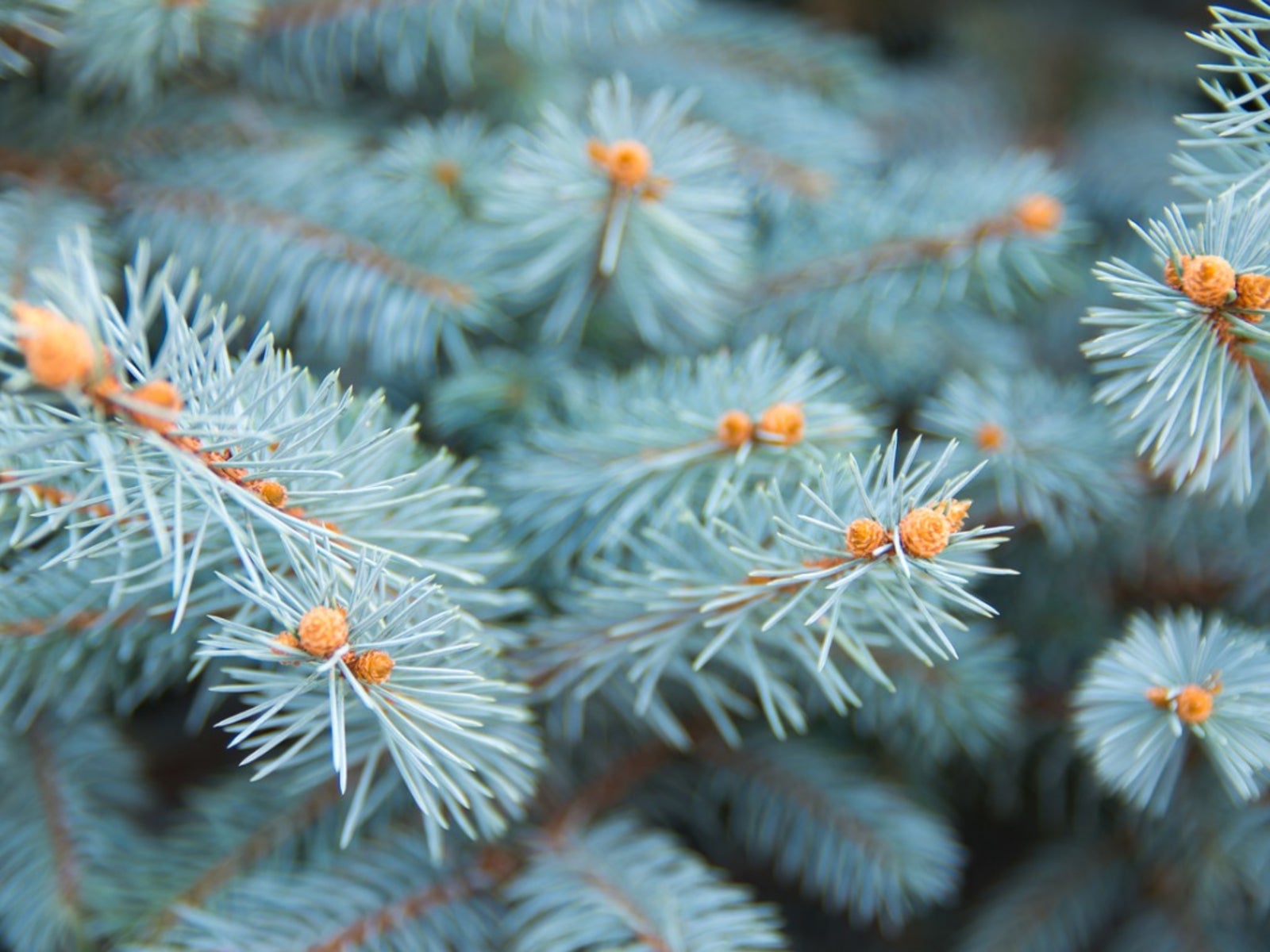Blue Wonder Spruce Info: Tips For Growing Blue Wonder Spruce Trees
Grow a beautiful Blue Wonder spruce tree in your garden or in a container. They're naturally conical in shape and their blue color adds a striking contrast in a garden or landscape.

Caroline Bloomfield

Blue Wonder spruce trees are great additions to formal gardens, but they also make striking container plants, and can be used to anchor a trimmed hedge.
The smaller variety of blue spruce, these conical-shaped evergreens are prized for their shape and for the beautiful, blue-gray color of their needles.
Blue Wonder Spruce Info
The Blue Wonder cultivar of spruce is special in many ways, but mostly because its color persists. Other types of blue spruce will also produce the striking bluish gray needles, but the color tends to revert back to green as they grow.
Blue Wonder was developed to maintain that special color as the tree ages.
Blue Wonder is a cultivar of Picea glauca, a dwarf spruce that grows slowly and tops out around 6 feet (2 m) tall. It is known for its color but also the shape, which is nearly a perfect cone, even without trimming. For this reason, Blue Wonder is prized for formal gardening, framing doorways or other garden elements, for screening, and for adding color and textural interest to a border or formal hedge.
How to Grow a Blue Wonder Spruce
Blue Wonder spruce care is not difficult because this tree that will tolerate road salt and poor soil. When you plant a Blue Wonder spruce, find a space that will work for it considering that it grows slowly and compactly, maintaining its conical shape.
A spruce prefers full sun but will grow well in partial shade too. Water your new spruce regularly during its first growing season to help it establish a good root system. You can drop the watering frequency significantly once it is established.
Sign up for the Gardening Know How newsletter today and receive a free copy of our e-book "How to Grow Delicious Tomatoes".
You can also grow this tree in a container, but if you do, it will need more frequent watering.
Fertilizer in late winter or early spring before new growth begins each year will keep your tree healthy and growing.
Growing Blue Wonder spruce is pretty easy and comes with great rewards. It looks nice in formal gardens, but this tree is suited to any garden. Grow it with other ornamental and formal shrubs or use it with more informal plants for a diverse look and visual interest.

Mary Ellen Ellis has been gardening for over 20 years. With degrees in Chemistry and Biology, Mary Ellen's specialties are flowers, native plants, and herbs.
- Caroline BloomfieldManager of Marketing Communications